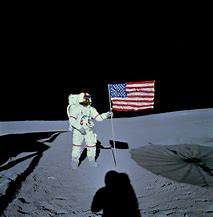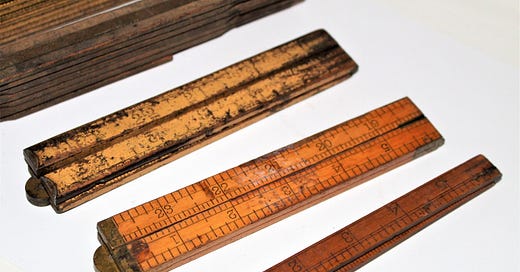
I don’t like the metric system.
In part this is simply because I'm an American, born with an intrinsic (and justified) sense of superiority over anything "European." America (both the continent and the U.S.A.), for all its flaws, is simply a better…
Keep reading with a 7-day free trial
Subscribe to Holy is He Who Wrestles to keep reading this post and get 7 days of free access to the full post archives.




